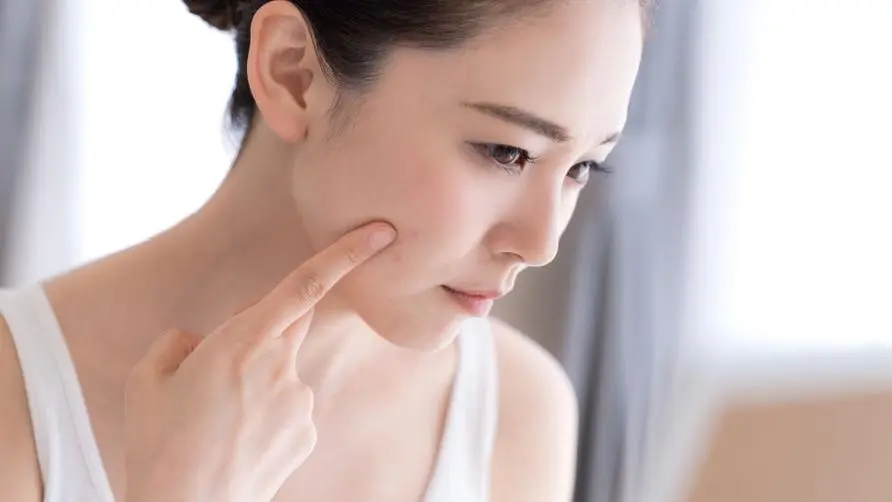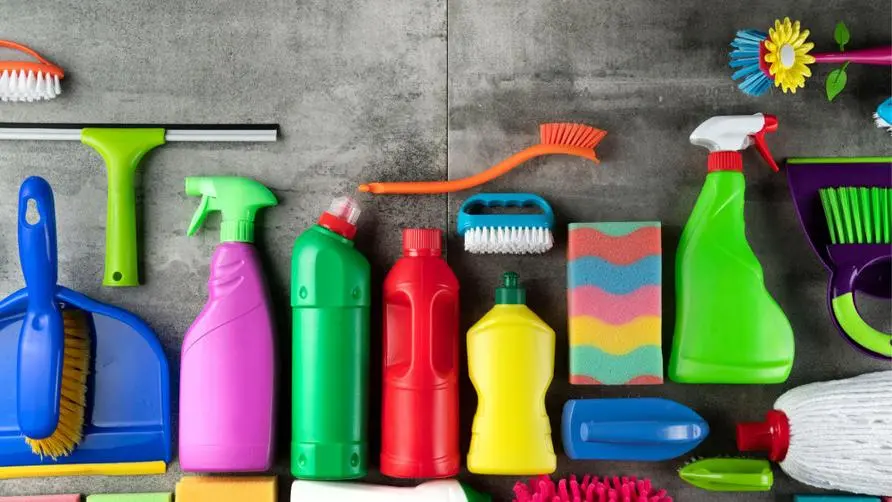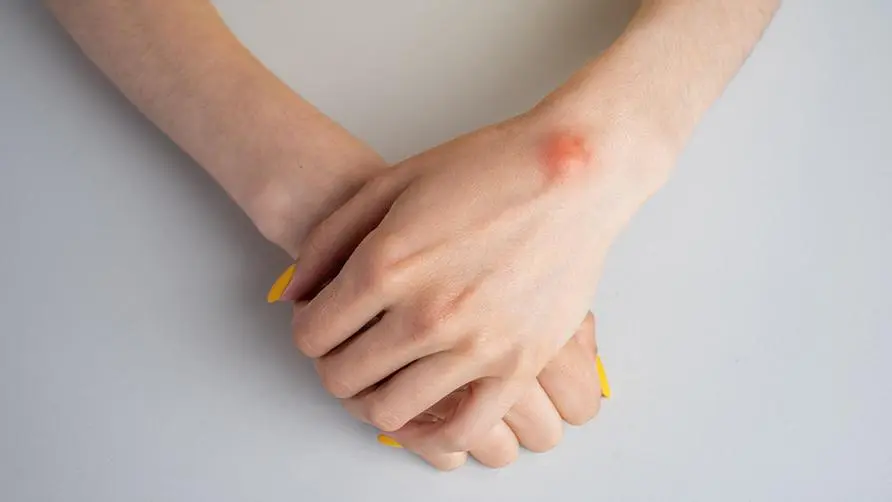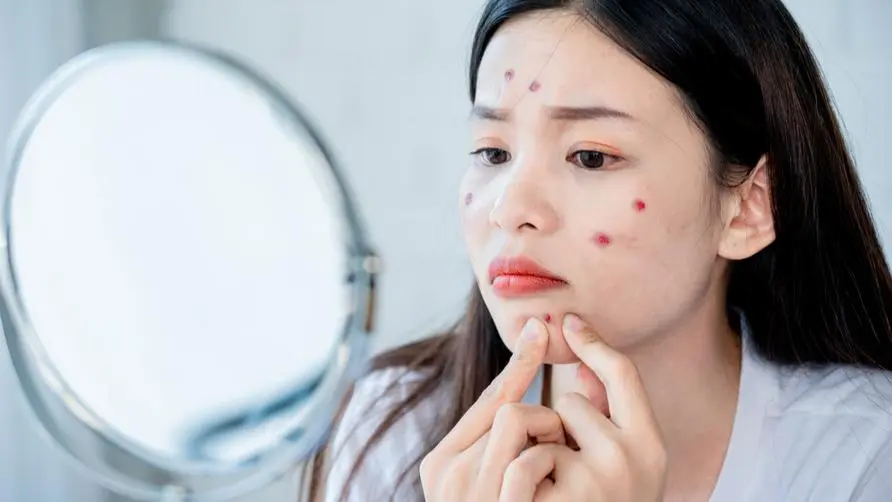Adding "preservatives" to cosmetics causes acne on the face? Experts clarify: Additive-free is not necessarily a good product
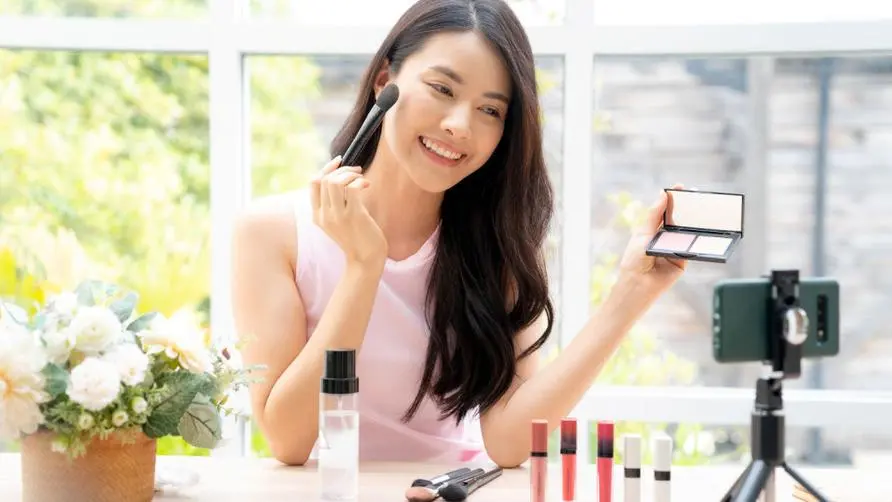
As consumer awareness rises, more and more consumers will pay attention to the ingredients of cosmetics, especially the issue of whether they contain “preservatives”, which has become a hot topic, such as “preservatives can cause cancer”, “preservatives can cause skin problems” “Severe allergies”, “Preservatives can irritate skin and cause acne and acne”, etc. Are preservatives really that scary? Do cosmetics have to add preservatives? Is it a good product if there are no added preservatives?
Are there any dangers in adding preservatives to cosmetics? Experts reveal 2 main functions
In order to clarify public perceptions, the Taiwan Food and Drug Administration and Associate Professor Wu Peixuan of the Department of Cosmetic Science at Ting-Yi University dispelled myths about preservatives. Associate Professor Wu Jixuan said that preservatives include “natural ingredients” or synthetic “chemical ingredients” that are added to food, medicines, pigments, biological specimens, etc. to delay the growth of microorganisms or spoilage caused by chemical changes.
In general, preservatives have two main mechanisms of action: one is to directly destroy the cell wall or cell membrane of microorganisms, causing them to lose their normal physiological functions, thereby affecting the growth of microorganisms; the other is to create an environment that is unfavorable to bacteria to slow down their reproduction and growth. Viability leads to a decrease in the number of microorganisms and achieves antiseptic effect.
As for whether cosmetics can cause acne? Associate Professor Wu Jixuan said that there are many reasons for the formation of acne. In addition to excessive secretion of skin oil and clogging of pores, it may also be caused by an imbalance of acne bacteria. Therefore, preservatives are not directly related to the formation of acne. Taiwan’s current regulations for cosmetic preservatives are positive listings, and a total of 57 types of preservatives are currently regulated by the regulatory list.
Doesn’t adding preservatives necessarily make it a good product? 4 major myths about adding preservatives to cosmetics
Associate Professor Wu Jixuan suggested that if you are worried about allergies, it is recommended to choose colorless and odorless cosmetics. You can also try the products behind your ears first to ensure that they will not cause allergies. The Taiwan Food and Drug Administration also pointed out that most cosmetics are composed of oil, water and functional ingredients. Since the manufacturing process cannot be kept in a sterile state throughout the entire process, when the products are in the hands of consumers, they need to open and close the bottle caps repeatedly every day. Such repeated actions can easily cause microorganisms in the environment to enter the product.
Taiwan Food and Drug Administration pointed out that if appropriate preservatives are added at this time, the product can be prevented from spoiling due to microbial proliferation, ensuring the stability and safety of the product, and also safeguarding the health and use rights of consumers. Preservatives are important raw materials to maintain product stability. As long as the preservatives can be used in compliance with Taiwan regulations, the public does not need to worry too much.
Hypoallergenic products actually have preservatives added? Experts reveal that there is only “1 product” and no need to add it
Associate Professor Wu Jixuan also reminded women or people who love beauty that there are cosmetic products on the market without added preservatives. For example, “water-free” products do not need to use preservatives. In addition, preservatives are actually added to the hypoallergenic series of products. Generally speaking, preservatives are required for products that are “watery”. Hypoallergenic products are mainly formulated with ingredients that can relieve skin irritation from foreign substances, and whether Adding preservatives is irrelevant.
Taiwan Food and Drug Administration reminds that cosmetics regulations in various countries have certain standards for preservatives. Taiwan also has a “Cosmetic Preservative Ingredient Name and Usage Restriction Table” regulations. As long as the dosage of preservatives used is within the safe range, cosmetics and skin care products It can be maintained in an ideal state and consumers can use it with peace of mind. However, if you have any skin problems after applying makeup that cannot be resolved, it is still recommended to seek treatment from a dermatologist immediately.
source:
Drug and Food Safety Weekly Report No. 924-1 Drug and Food Safety Weekly Report No. 924-2
Extended reading: Is it useful to use “makeup remover” to clear acne? Doctors answer the myth: More acne will lead to greater burden on the skin!


